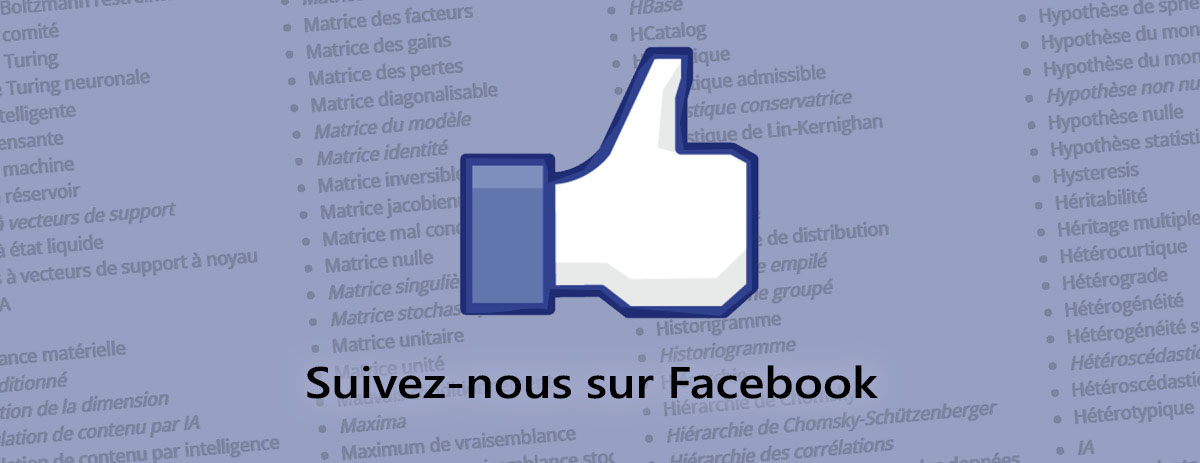|
Balise : Éditeur de wikicode 2017 |
| (3 versions intermédiaires par le même utilisateur non affichées) |
| Ligne 1 : |
Ligne 1 : |
| | #REDIRECTION[[Recuit simulé]] |
|
| |
|
| == en construction ==
| |
| <small>Entrez ici les domaines et catégories...</small>
| |
| [[Category:Vocabulary]]
| |
| [[Category:Intelligence artificielle]]Intelligence artificielle<br/>
| |
| [[Category:Coulombe]]Coulombe<br/>
| |
|
| |
|
| == Définition ==
| | [[Catégorie:ENGLISH]] |
| | |
| En algorithmique, le recuit simulé est une méthode de programmation empirique (métaheuristique) inspirée d'un processus utilisé en métallurgie. On alterne dans cette dernière des cycles de refroidissement lent et de réchauffage (recuit) qui ont pour effet de minimiser l'énergie du matériau. Cette méthode est transposée en optimisation pour trouver les extrema d'une fonction. Le recuit simulé a été mise au point par trois chercheurs de la société IBM, S. Kirkpatrick, C.D. Gelatt et M.P. Vecchi en 1983, et indépendamment par V. Černy en 1985.
| |
| | |
| La méthode vient du constat que le refroidissement naturel de certains métaux ne permet pas aux atomes de se placer dans la configuration la plus solide. La configuration la plus stable est atteinte en maîtrisant le refroidissement et en le ralentissant par un apport de chaleur externe, ou bien par une isolation.
| |
| | |
| Source:
| |
| | |
| https://fr.wikipedia.org/wiki/Recuit_simul%C3%A9
| |
| | |
| == Français ==
| |
| recuit simulé
| |
| | |
| == Anglais ==
| |
| | |
| ===Simulated annealing ===
| |
| Simulated annealing (SA) is a probabilistic technique for approximating the global optimum of a given function. Specifically, it is a metaheuristic to approximate global optimization in a large search space. It is often used when the search space is discrete (e.g., all tours that visit a given set of cities). For problems where finding an approximate global optimum is more important than finding a precise local optimum in a fixed amount of time, simulated annealing may be preferable to alternatives such as gradient descent.
| |
| | |
| The name and inspiration come from annealing in metallurgy, a technique involving heating and controlled cooling of a material to increase the size of its crystals and reduce their defects. Both are attributes of the material that depend on its thermodynamic free energy. Heating and cooling the material affects both the temperature and the thermodynamic free energy. The simulation of annealing can be used to find an approximation of a global minimum for a function with a large number of variables to the statistical mechanics of equilibration (annealing) of the mathematically equivalent artificial multiatomic system.[jargon] [1][2]
| |
| | |
| <br/>
| |
| <br/>
| |
| <br/>
| |
| <br/>
| |
| <br/>
| |
| <br/>
| |
| <br/>
| |







